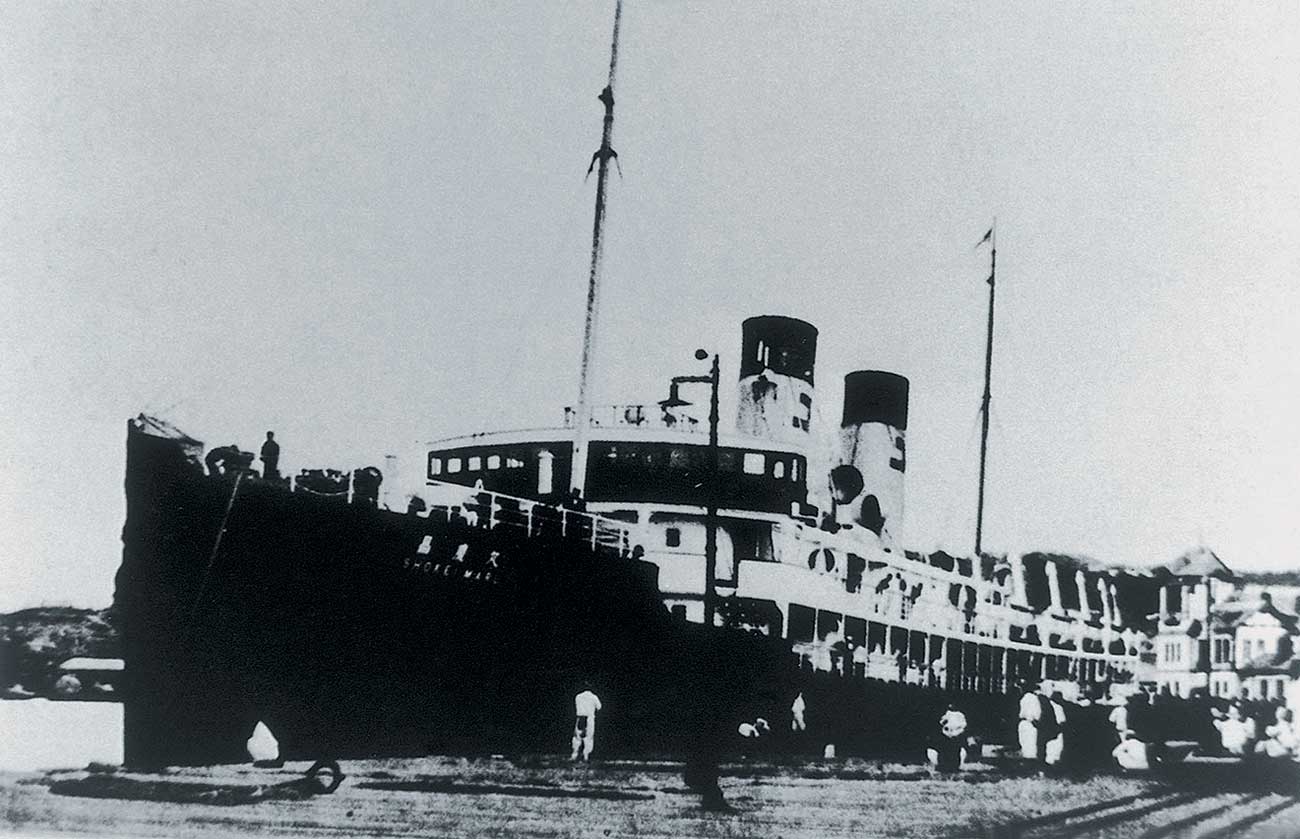While I was attending school in Seoul, I taught Sunday school. I taught at both the church in Heukseok-dong and the one in Seobingo. During the cold winter, the Han River froze, and you could hear the ice splitting—bbang, jijiji…. It was scary when you were alone. I crossed that frozen river to teach Sunday school.
I was a good Sunday school teacher. Furthermore, I am not a good storyteller now, but maybe I was back then. When I shed tears, everyone else wept. Once you make them cry, you expect them to beg you to stop. Yet, they didn’t.
Instead, they followed me, asking me to tell more stories. I told them stories like that. I was an excellent teacher, guiding the Sunday school students. I felt a lot of hope for them.
Furthermore, I loved them more than anyone else did. They were so attached to me that they used to follow me, even skipping school.
I had been living like that. I served and took care of little children, elementary school children, middle- and high-school students and old people. I served them as if I loved them more than I did anyone else. I served them even better than I served my parents. When I had something good to eat, I packed it for them.
I was good at making people feel at home in any situation. That is how I made friends with grandmothers, ladies, and little children. When I told stories with a loving heart, like a kindergarten teacher, nobody could forget them. That’s true even now.
I know the backgrounds of people like Rev. Park Jae-bong and Rev. Lee Ho-bin very well. However, I have never said anything bad about them. They had many followers. They and their followers met because some kind of spiritual destiny brought them together.
As God connected them with strong ties, the person who weakens that connection between them is responsible for that. Something planted in that soil should be harvested there.
Witnessing
When I was your age, I used to go to parks and give public speeches wearing a hat—I would wear a hat then—carrying my books in a bag hanging down my back. I urged people to listen to me.
It was leadership training for my future. You need to try many times. It is a good experience to ask many questions and to give many answers. One day, when we went on a picnic at Chang Gyung Won, something happened. It was so crowded, but I started witnessing there.
I witnessed with my jacket off. Nobody knew it was me. Even though I was giving a speech in public like that, who would have guessed it was I, who was quiet in the classroom?
Other students were saying, “Wow, it looks like Moon, but can it be him?” In class the next day, it was clear that my classmates had not figured out it was I who had given the speech.
I knew who was at the picnic because I saw them while speaking, but they hadn’t recognized me. [Laughter] Nobody would have guessed I would speak in public when I didn’t speak in class.
When I was living in Heukseok-dong, there was a grove of pine trees on the way to Sangdo-dong, and across from it was a Japanese-style house with many flowers.
Further down, around a corner, was a rice field and a small town. In that town, there was a house I used to go to when I was doing pioneer witnessing.
School diary
I kept a diary, and on certain days I might write thirty pages, or fill a whole book. It was during the Japanese occupation, and as events transpired, the Japanese police used my diary as a starting point to investigate incidents that had taken place, about which I had expressed my strong determination in what I wrote.
The police arrested as accomplices many people mentioned in my diary. Since then, I stopped keeping a diary. I do not even carry a pocket notebook even now. I keep all the important things in my memory.
If I had kept that diary until now, it would be invaluable. All the descriptions of the world of the heart I inhabited while growing up, that traced my footsteps through mountains and the various villages, were destroyed because I was being pursued by the Japanese police. There are many stories related to that—traces of what led me toward my goals.
As I was burning those diaries, I wept. I vividly remember talking to myself, about the historic materials that I would need as I took this path. Those diary entries could have shown the way to liberation for young people groaning in distress, but I was burning them.
In my youth, I worked hard to implement God’s plans for the nation and the world, while overcoming hunger and other difficulties.
I left my hometown when I was eighteen. For my entire life since then, I have been working hard to save the satanic world. I forgot my hometown. Leaving Chongju for Seoul was like going to a foreign land.
What will happen if I go overseas from Korea? Seoul will then become my hometown too. That’s right. Seoul will be my hometown.
I have since visited Heukseok-dong several times, thinking of the old days, but because Seoul has changed so much, I couldn’t find anything that triggered memories. I was so disappointed. Development is good, but how can it be like this? Nothing that dates back to the old days remains.
I could not have imagined what I saw on top of the high mountain nearby. They have dug up the whole place and built houses.
Even the valley that I thought was so deep has been filled. Many houses have been built there. It felt so bleak. Still, I searched for the old house. It was difficult because of all the new houses.
Little by little, I was able to discern the way there. How great it would be if there were even a model of the original Heukseok-dong house as it was!
This kind of attachment is human nature; we retain significant events in our memory. Having emotional ties, those memories stimulate us to grow and develop further.
We need museums for that reason. Likewise, you need to leave behind something like this in your family.
The foundation for hope
I have paved the way for Heaven to go. That’s why when I visit Heukseok-dong and see the rock on which I shed tears in prayer in those days…
When I was about 70 years old, I searched again for the house I had lived in during my school days, though I had failed to find it when I had searched a few years earlier. The Unification Church began as the smallest of houses. Did you know that a long time ago, I built a house?
When people trace the history of the Unification Church come to Heukseok-dong… Heukseok-dong should become “Baekseok-dong.” That’s what I think. That dark valley, where I was living in the old days, should become a foundation stone of historic value, offering the light of hope for all humankind.
When I think about that… I also bought the church there. Why did I buy the church? It was not because there were many church members there. Even if I cannot find people who used to live there in the old days, many of their descendants are there.
How inspiring it would be to meet their sons and daughters! The spirit of the history enacted there will resurrect. You can make this present age blossom by talking about the past and resurrecting that historical spirit.
You should know that this is the reason we study great people and history. Only the owner knows the value of these precious treasures.




